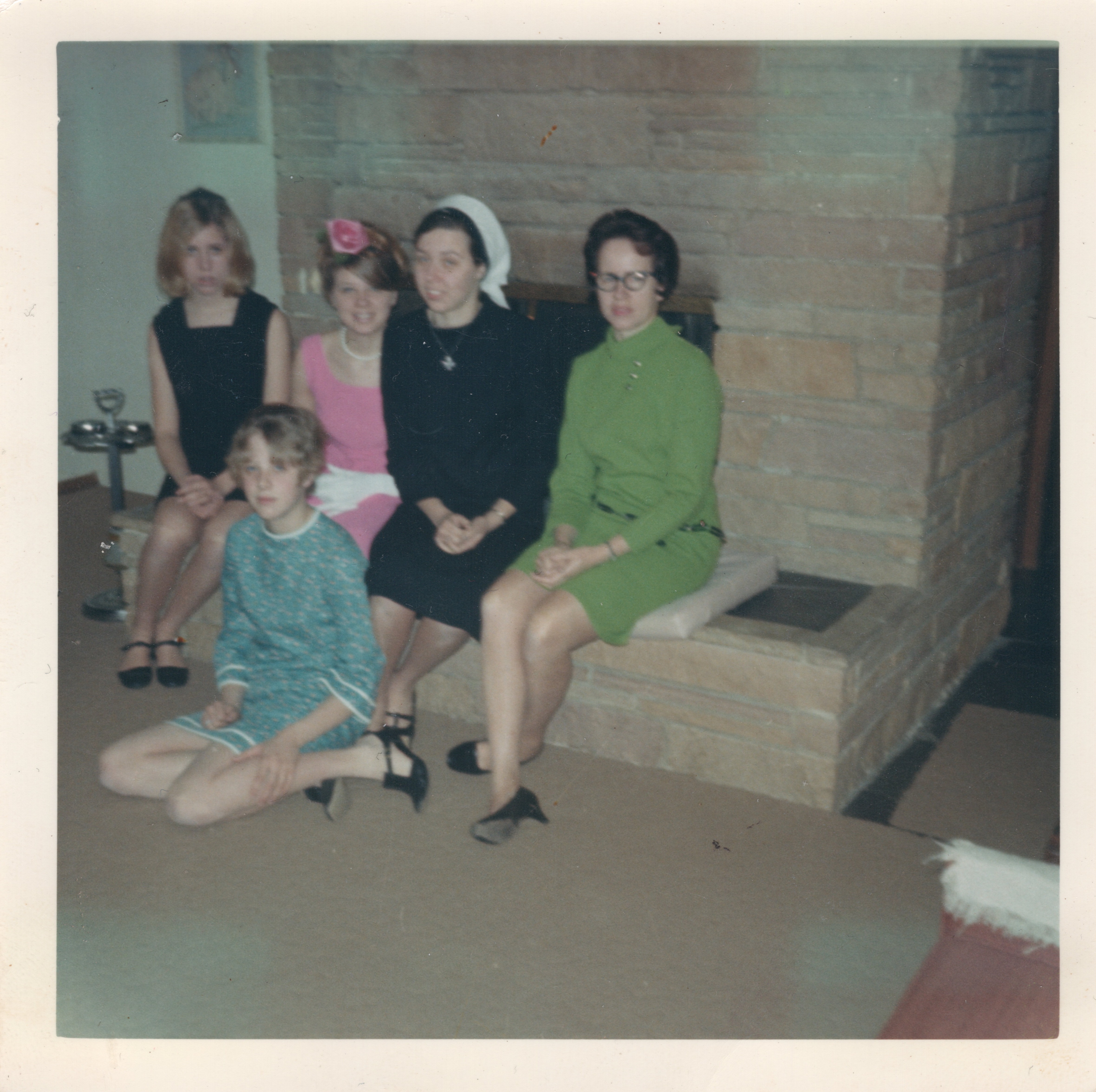Breaking Through the Eye Wall of the Storm into Summer
Posted on Monday June 21, 2021 by Jacob Campbell.
It seems like I don’t know how to stop myself from being busy, but this year has seemed especially so. I returned to working as a social worker for the Pasco School District and continued to teach for Heritage University. In my academic studies, I have finished all of the coursework required for my Ph.D. program1. This last semester included completing the two required comprehensive exams for my program. In the fall, I plan to submit the proposal for my dissertation and start going through the process of approval from the Human Research Review Committee. Once I have had my proposal approved, I will advance to candidacy (e.g., I’m a Ph.D. Candidate and no longer a “student”).
Because my jobs and academic program are all in the educational systems, one of the significant benefits of my current lifestyle is summer break. Every year, having a couple of months to recharge and connect with life makes it all worth it. In thinking about this annual cycle, I started reading about hurricanes. It’s not a perfect analogy, but in many ways, time in the summer is like the eye of the storm. It is a moment of calm in between the chaos of regular life. In reading the article Explainer: The furious eye(wall) of a hurricane or typhoon, they describe that the eyewall of the storm (the section on the edge of the calm center) is the “the scariest, nastiest, gnarliest part of the storm.” While it has been a hectic year, I don’t know if it feels like a hurricane has hit me, but I am happy for the start of summer.
This start of summer has been filled as well. One inspiring thing is our oldest graduated high school. While he has only been in my life for a short time, I am very proud of him. He did it, having had a baby just six months ago (yes, I’m a grandpa, which still feels unreal to say). You can see some photos at 2021 Angel’s High School Graduation.
To give some context to my breaking through the eyewall of the storm, last Saturday was a graduation ceremony, some family visits, and a graduation party. Then, I had a couple of days focused on finishing up my work at the school district, and Wednesday was my last day of school for myself and my kids. I got the opportunity on Thursday to spend time with some colleagues and have our annual end-of-the-year BBQ. On Friday, my family all went to Silverwood Theme Park. Growing up, I got the opportunity to go to Silverwood many times. It has always been a lot of fun. I love roller coasters, although I can’t handle anything that spins. I have a lot of great memories of visiting the theme park, even in college.


Two years ago, we took the kids to Silverwood. It was a fun trip, but we ended up being there during a storm that included massive amounts of rain and even hail. It meant that the lines were really short for rides, but we didn’t stay as much as we would have liked. This year, the weather was beautiful, and we spent about half of our time at Boulder Beach, which is perfect when the weather is in the high 80 and sunny. The kids all seemed to enjoy themselves as well.

After getting back from Silverwood at about 1 in the morning, getting some sleep, it was time to get up and get ready for a Quinceañera for one of my wife’s cousin’s in Walla Walla. They had live music, and it was an enjoyable event that again didn’t let us get home until the early hours of the morning. Finally, Sunday came, and it was Father’s Day. We went out for Breakfast at Andy’s North and had a little party at my sister-in-laws house.
All in all, this last week, breaking through to the other side of the storm’s eyewall has been good, but I’m looking forward to some slowness, hopefully as well.
-
I do have one more class that I am doing this summer. I was too overwhelmed earlier this year with classwork and could put off an elective and take it now. If you are interested, it is called The Lost Knowledge of the Imagination, and it is pretty great so far. ↩




